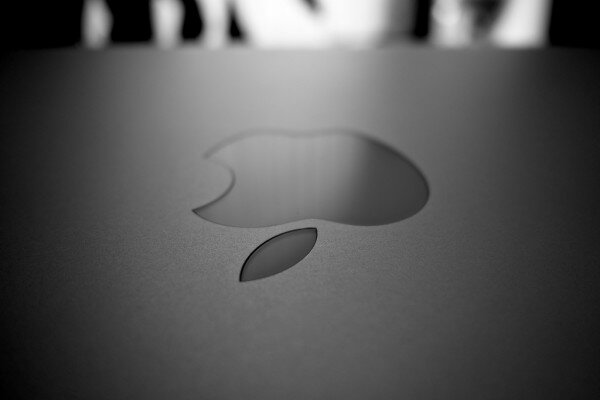
Flickr CC image courtesy of m:eightysix
Apple’s acquisition of headphones and music streaming business Beats has been questioned by industry experts and tech enthusiasts alike. However Lawrence Lundy, consultant at Frost & Sullivan, believes this could be one of the most lucrative buyouts yet.
The Next Episode: Why Apple Wants to Buy Beats
With 2014 being the year of crazy tech acquisitions, Apple obviously doesn’t want to miss out. When Google buys Titan Aerospace or Nest, and Facebook acquires WhatsApp or Oculus VR, they are making bets on the future. Whether it’s drones, the internet of things, mobile messaging or virtual reality, each of these domains are clearly part of the future in some way and the value of buying early is not to be disrupted later. It makes at least some sense.
The music business is anything but future technology. Music is no longer the key battleground, Apple won out with iTunes and has dominated the industry ever since. Music is no longer a lock-in service as music streaming services are platform-agnostic, meaning Beats would provide almost zero ecosystem value for Apple. This feels like more of a bet on the past, and at US$3.2 billion (the largest ever acquisition for Apple), a big bet. So what is this all about?
“They say rap’s changed, they want to know how I feel about it”
The pricing model for music is changing. iTunes unbundled the album and its a la carte model of selling music won out. There are signs that the subscription model is now overtaking a la carte. Music subscription revenue increased 50 per cent to US$1.1 billion in 2013, whilst downloads declined by two per cent in the same period, for the first time since the iTunes store launched.
But Beats Music only had 111,000 subscribers as of March 2014, the paid-for figure is likely to be considerably lower if you strip out the 90-day free promotional trial offered by AT&T. Spotify has over six million paying users and Deezer has over four million. Beats Music, despite being newer, has a very long way to go. The key differentiator for Beat Music is its curated experience. Quality content discovery is still too complicated for most users and curation solves the “what to listen to” problem. Apple’s defines itself by its simplicity and user focus. Beats would certainly be more interesting to Apple than a Spotify or Deezer and a lot cheaper to boot.
“Got my red Dre Beats on, tryna put my peeps on”
With 64 per cent market share of the premium headphone market in North America, Beats was on track to record revenues of US$1.4 billion in 2013. Beyond market share, the most valuable part of Beats is the brand. Much like Apple products, serious professionals bemoan the poor quality specs and dismiss Beats as poor quality. That misses the point. Headphones are now for more than just listening to music; they are a piece of clothing, an item that can reflect personality. Brand, not sound, is key.
Beats headphones are now ubiquitous, worn by football players, pop stars and actors; they are cool. Even cooler than Apple’s white headphones in the iPod era. That cool factor translates its revenues, as customers flock to pay a huge premium. Cool, premium and high margins; the business sounds a lot like Apple.
The Message
The proposed purchase is a music subscription play first and foremost. Apple needs to move to a subscription model and must feel that the iTunes organisation is not capable of changing the business model. The curated product and ease of discovery fits with the Apple ethos, and it has plenty of runway for growth especially if bundled with an iPhone contract in the future. Second, they get a profitable US$1.4 billion business, a strong brand, and a team that has intimate knowledge of designing products customers want to wear. All of which seems like an awful lot for a US$3.2 billion price tag.
Lawrence Lundy is a consultant at business consulting firm Frost & Sullivan. He can be contacted on Twitter, LinkedIn or via .














